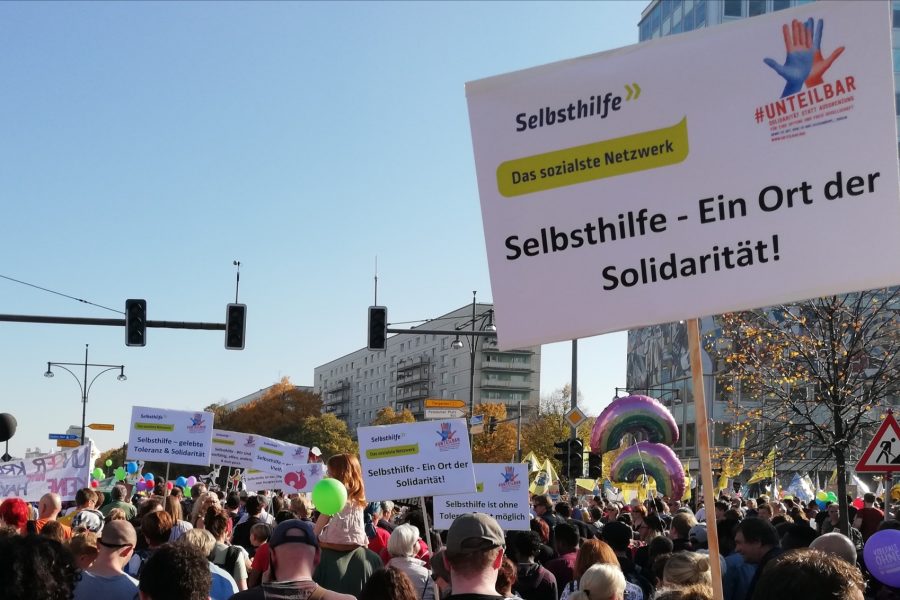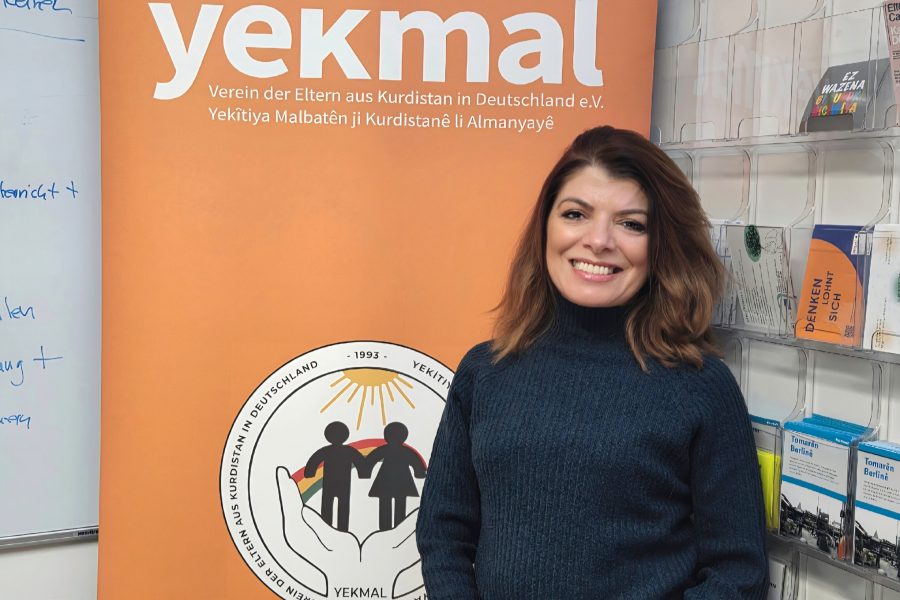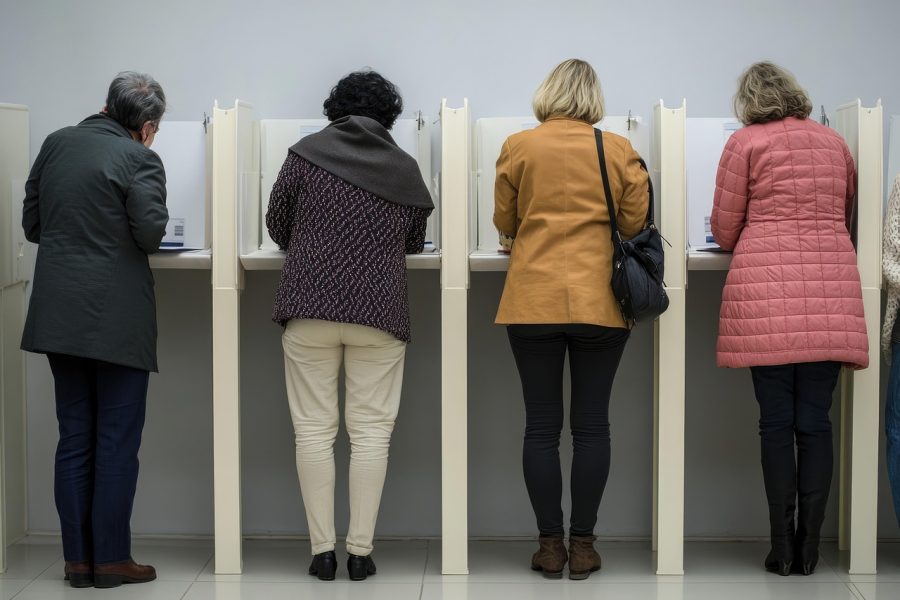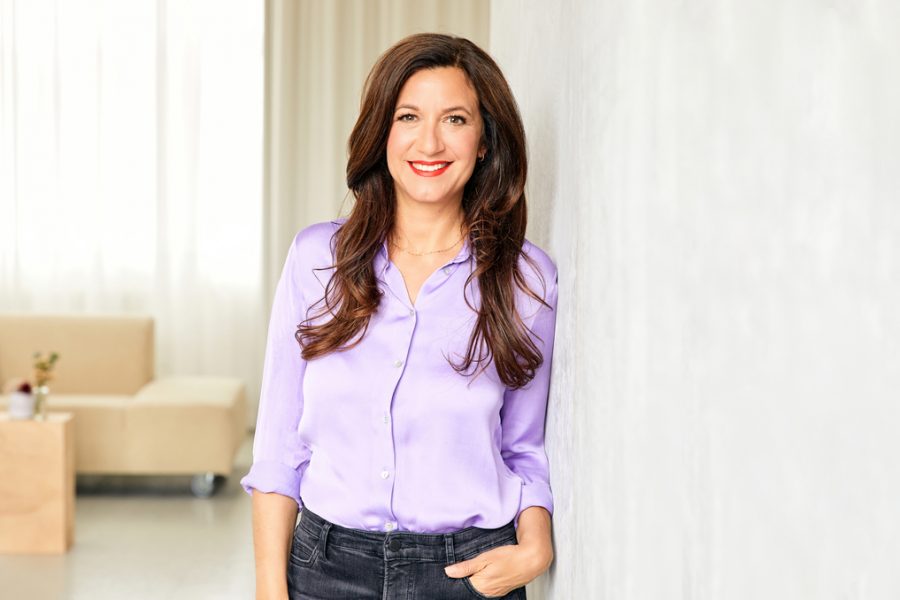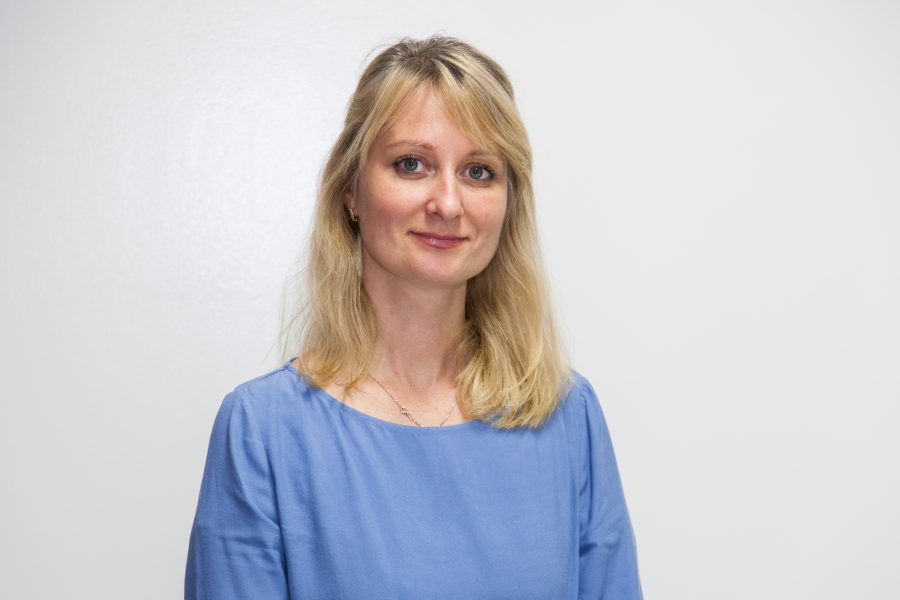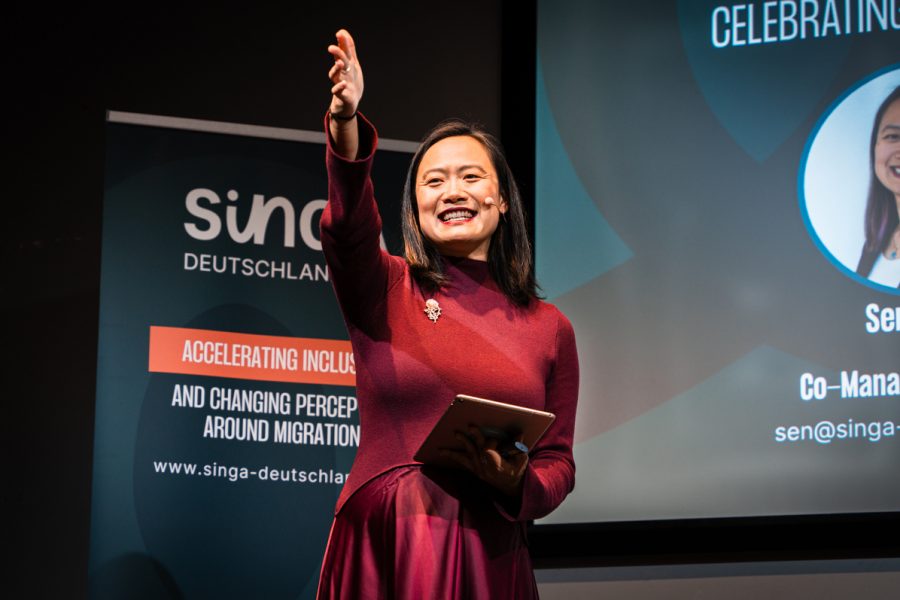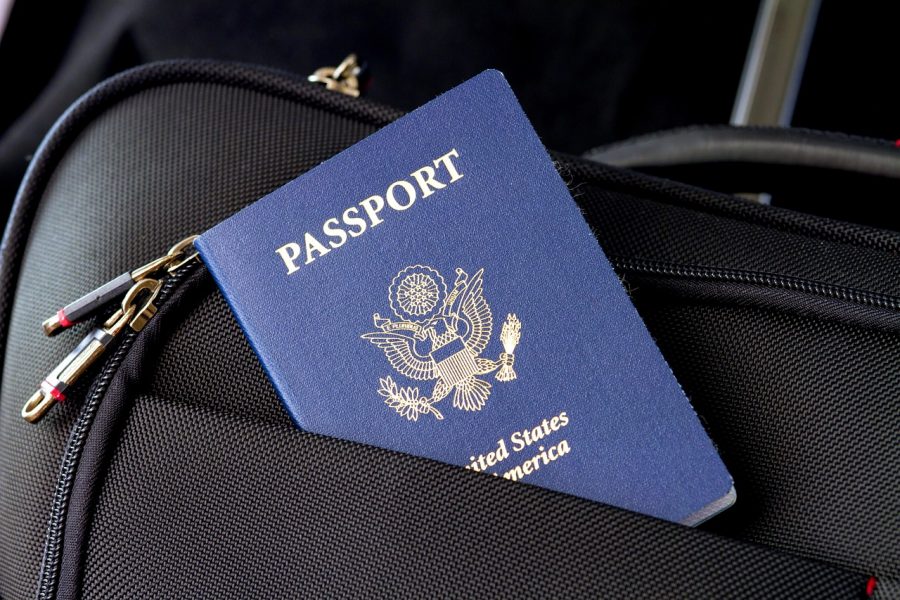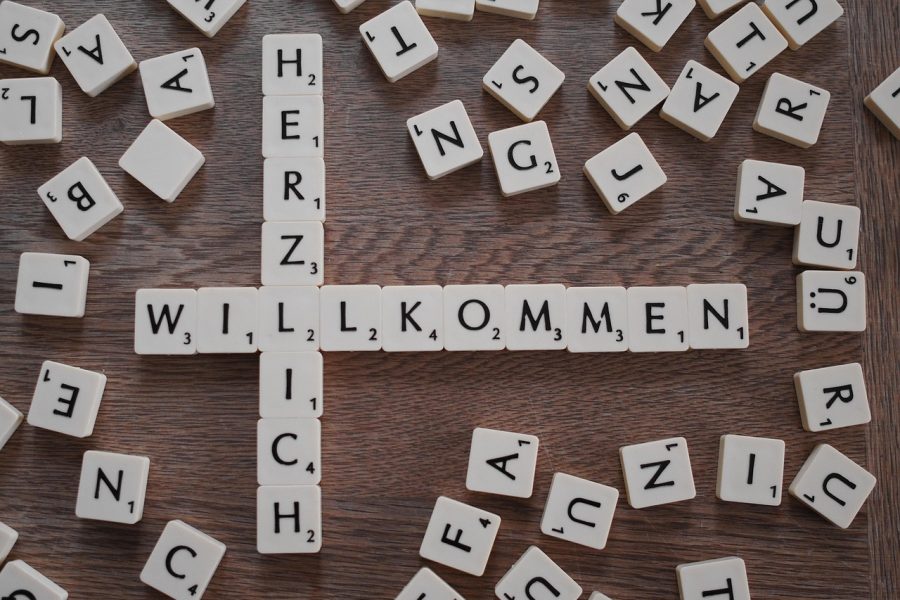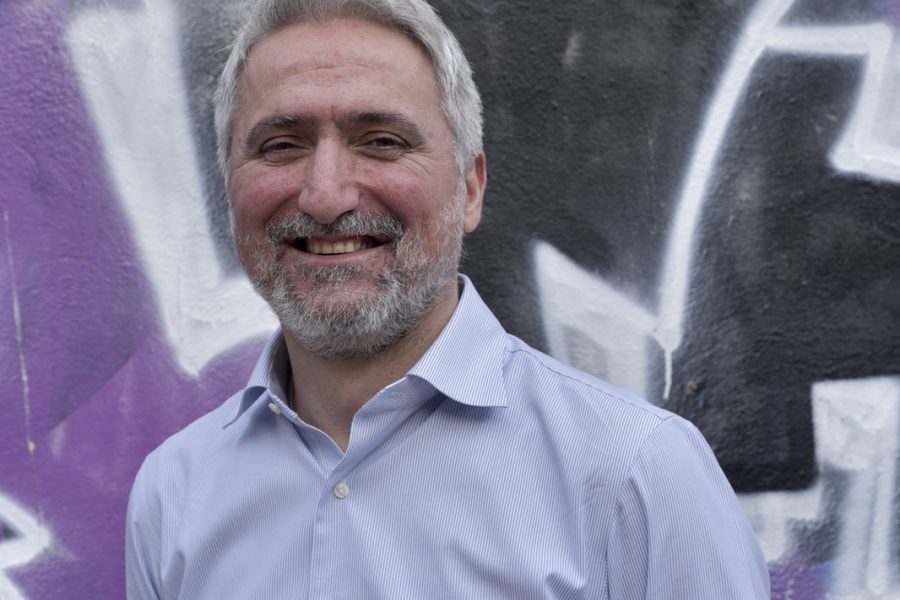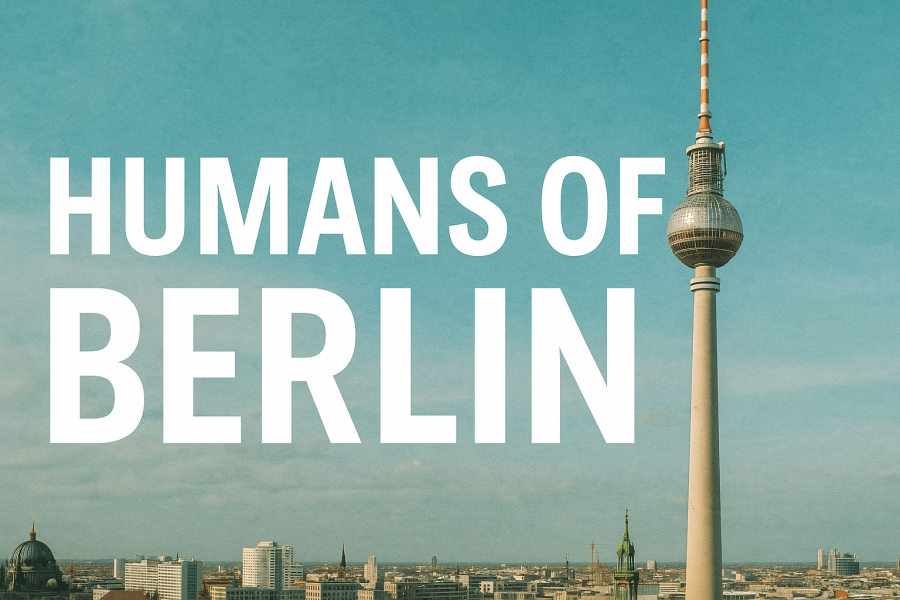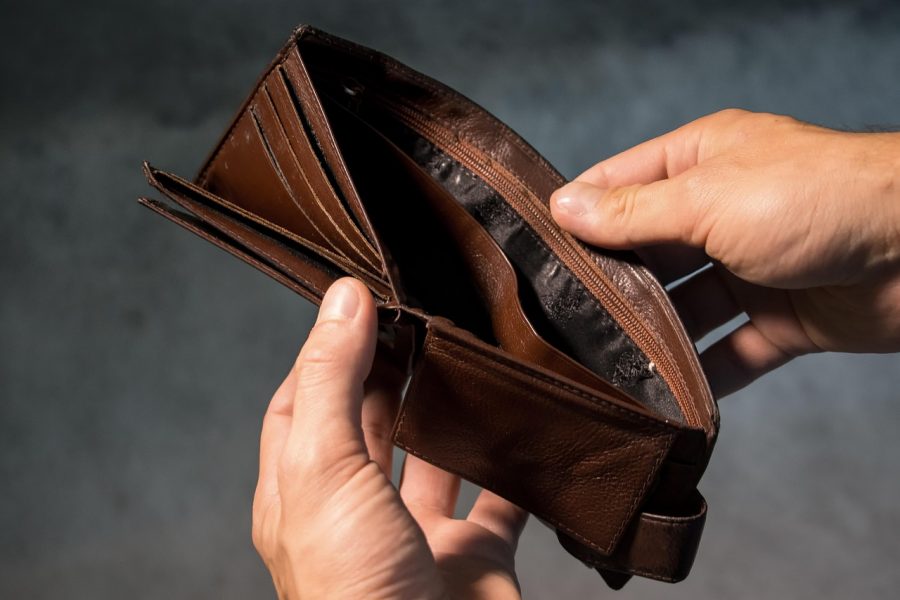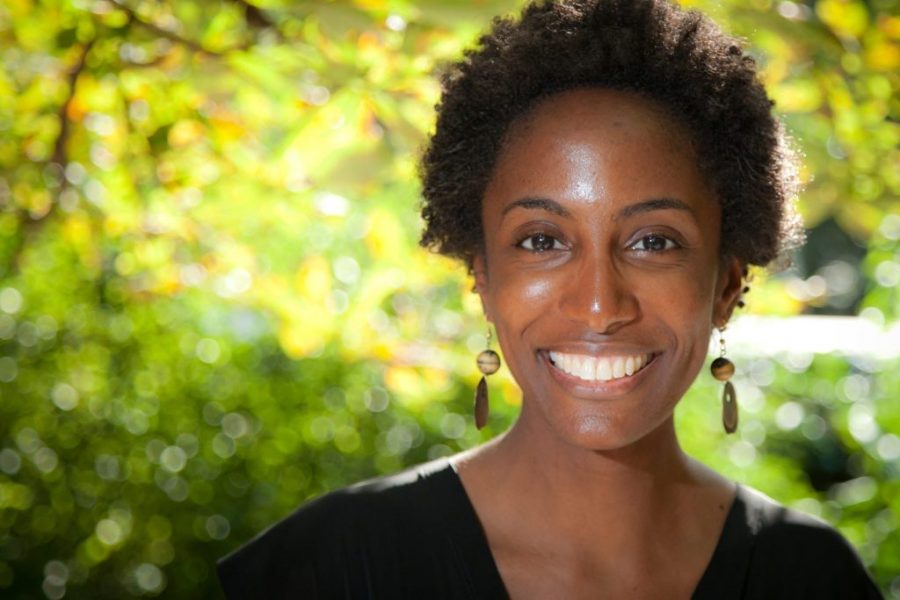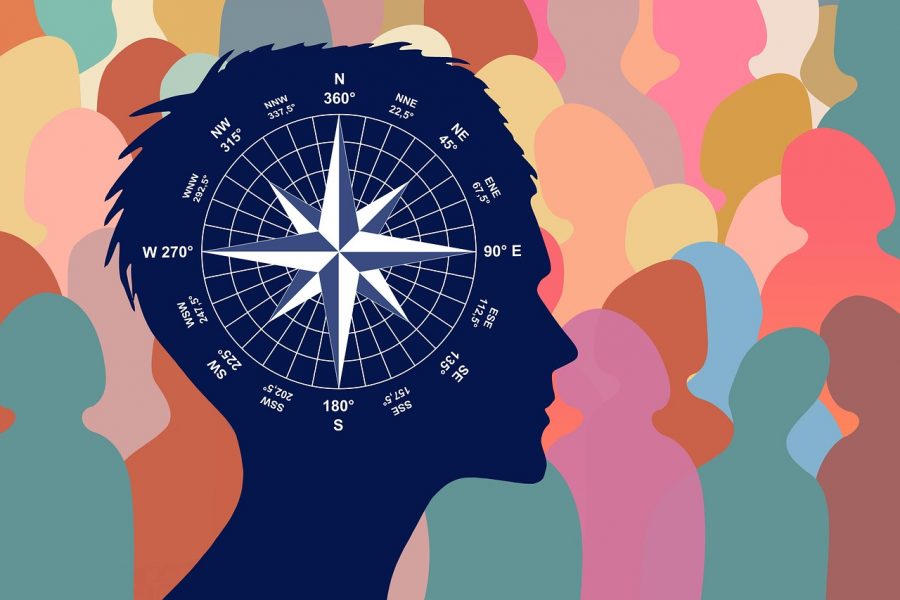In 2000 Robert D. Putnam published a book, “Bowling Alone”, in which he argued that Americans were becoming increasingly isolated and removed from community and social capital. He took the institution of the Bowling League as his prime example. I remember when the book came out – though, admittedly, I never got around to reading it – and people in my circles talked about it. Bowling leagues DID seem like something out of the past, like the Masons, or Rotary, or local commerce associations, or cultural heritage foundations.
In my home town of Tacoma there was a huge club hall for the Swiss heritage foundation that had been abandoned for years; in the 90s some folks took over the property, fumigated all the silver fish, refurbished it, and turned it into a bar called The Swiss where they served higher priced food and drinks to great success: dead community space turned into market space.
America used to be lousy with clubs! And you could see this reflected in sitcoms from earlier generations like “The Flintstones” where Fred and Barney were members of The Loyal Order of Water Buffaloes, led by the Grand Poobah: an obvious parody of fraternal organizations in the real world, including the silly hats. And Fred also played in a bowling league at the Bedrock Bowl.
My grandfather was a Mason and my grandmother was a member of the Eastern Stars, doing all kinds of organized charity around town. 25 years after the publication of “Bowling Alone”, things just feel worse. Increasingly in the discourse of daily life we hear about the “epidemic of loneliness”.In 2018, the UK even appointed a Minister of Loneliness.
When you change the context to a Verein, the whole scene changes with it
General society is expressing concern about the cultural fragmentation, and no one knows this better than newcomers to Berlin. It can be a real struggle to find your place and people here, despite all of the stuff going on every night of the week. So what’s my first piece of advice when talking to newbies? “Go find a club”!
The name for a non-profit club in German is “Verein“, which you often see as “e.V.” at the end of a name. A Verein – meaning “united or making as one” – can be a club for virtually anything. We often see it in a sports context, like Hertha e.V. or F.C. Union e.V., but that’s just the beginning. Probably one of the most popular types of Verein is a choral Verein.
Germans sure do love a singing group! But there are literary Vereine as well, or sewing Vereine, Hacker Vereine (Chaos Computer Club or C-Base)… Basically, whatever you’re interested in, there’s a Verein for it: an organized group of people doing that activity and doing it in German.
And here’s something else that people don’t tell you: everything is context in German interactions. Walk around Berlin and you’re received with either the cold aloofness of the big city, or, worse, the ‘Berliner Schnautzer’. The Germans have this rep for being cold and distant and hard to get to know. You go into a bar and struggle to order a beer; the waiter clocks your German as needing work and will immediately switch to English. It’s like no one has time for you, or your struggle with the language.
When you change the context to a Verein, the whole scene changes with it. Suddenly the other members are welcoming and engaged; they want to get to know you and share stories or just passion for whatever the Verein is about. They are also delighted to extend patience and aid with your German. They’re thrilled that you’re trying. You see, you’ve stepped into a living community of like-minded people, interested in a communal activity. They’re excited to have you, in a way that some stranger on the metro or server in a bar will never be. You can find place and acceptance in a Verein, and it’s just waiting for you to raise your hand and show interest.
Whatever it is you’re into, there’s a Verein for that
I landed in Berlin on September 3rd, 2012. I had signed up for a two-month course from the Goethe-Institut that came with lodging, and my host family’s apartment was in Friedenau – I was 35 years old and staying with a host family, but sometimes that’s just how it goes.
Poking around in my neighborhood, I found a store a few stops away on the U9 called Morgenwelt; they specialize in fantasy and sci-fi books, but also board games and roleplaying games. When I was living in Seattle between 2006 and 2012, a game shop opened around the corner from my apartment and that got me into the modern board game scene.
This is the kind of thing that flies under most folks’ radar, but I was tuned into it. And roleplaying games? Well, like those kids in “Stranger Things”, I grew up with TSR and all their titles. More than games though, I really wanted to buy a copy of “Die unendliche Geschichte” which I had only recently learned was originally written in German; checking out the games would just be icing on the cake. I took the metro those few stops and looked through the store, finding the Michael Ende book. On one wall, the management had put up a community corkboard, and people were advertising their gaming groups, looking for players.
My eye fell across a flyer for some retro-gaming RPG sessions and the illustration they had chosen came straight from a title I had owned as a boy. I noted the email address and sent off an email asking if I could join and pointing out that my German was pretty bad. I received a warm response, explaining that I was welcome and that my German would not be a problem. And that’s how I found Irrlicht e.V. Those gaming nights were like four- or five-hour free German lessons, and I got to know people. I’m still a member in good standing; in fact I was there last Friday and plan on heading down again this Thursday.
So, whatever it is you’re into, there’s a Verein for that. Start looking, and when you find something, just reach out. It’s not like ordering a sandwich at Steinecke or trying to get a coffee at a local café. This system has a lot to offer for inclusion and community building, and, if Berlin IS your ‘Wahlheimat’, joining a Verein will give you a sense of place and a group of people to share it with. It might be scary at first, but I think you’ll be surprised at the welcome. Besides, you’ve already found your first one right here at Wahlheymat e.V. – Welcome to the club!



